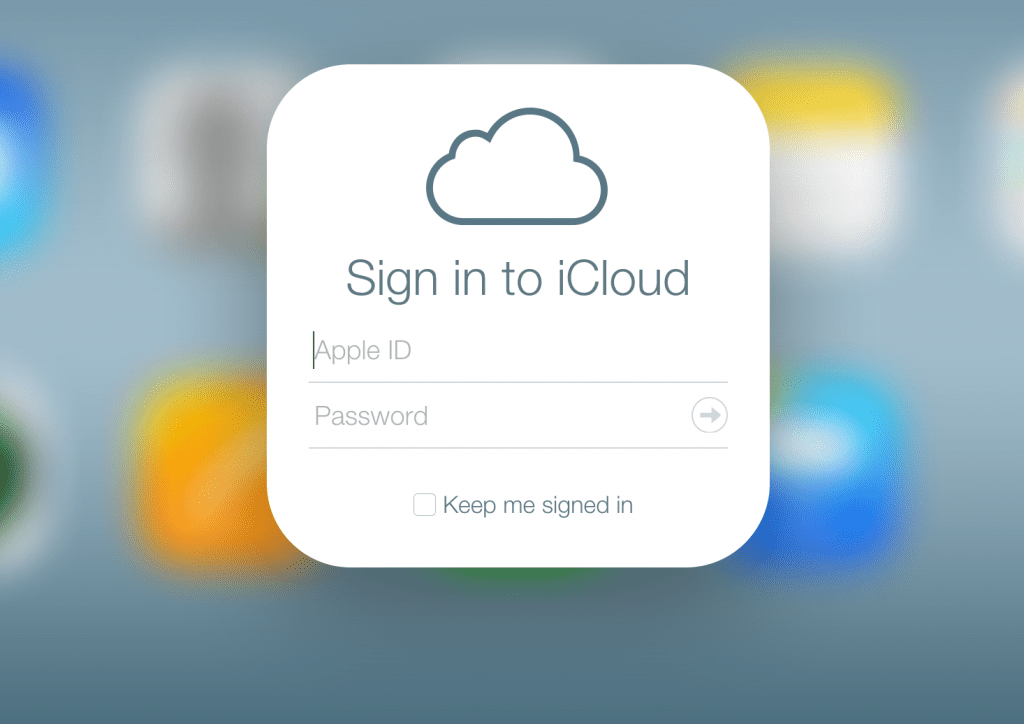 iCloud For iPhone & iPad
iCloud For iPhone & iPadHello everyone, how are you all doing today? I hope you are all having a great time, I am doing the usually, browsing YouTube for some music but tomorrow luckily I have the day off so I plan to sleep in for an extra 2 hours or so, I am happy about that lol, anyway please read on…
Today we will find out what exactly the so called iCloud is. What does iCloud do? Who can use an iCloud? Is iCloud free? All these questions will be answered in our guide, let’s begin.
What Is iCloud for iPhone & iPad?
Safely store your photos and videos, documents, music, calendars, contacts, News favorites and saved stories, and more in iCloud so they’re always available—even if you lose your iPhone.
Set up iCloud. Go to Settings > iCloud. Create an Apple ID if needed, or use your existing one. Content stored in iCloud is pushed wirelessly to your other devices where you’re signed in to iCloud with the same Apple ID.
iCloud Features:
- Music, Movies, TV Shows, Apps, and Books: Automatically get iTunes purchases on all your devices set up with iCloud, or download previous iTunes music and TV show purchases for free, anytime. With an iTunes Match subscription, all your music, including music you imported from CDs or purchased somewhere other than the iTunes Store, can also be stored in iCloud and played on demand. With an Apple Music membership, any music you added from Apple Music is accessible from iPhone.
- Photos: Use iCloud Photo Library to store all your photos and videos in iCloud, and access them from any iOS 8.1 or later device, Mac with OS X Yosemite v10.10.3 or later, PC with iCloud for Windows 5, and on iCloud.com when using the same Apple ID. Use iCloud Photo Sharing to share photos and videos with just the people you choose, and let them add photos, videos, and comments.
- Family Sharing: Up to six family members can share their purchases from the iTunes Store, App Store, and iBooks Store. With an optional Apple Music family membership, all family members can use Apple Music. Pay for family purchases with the same credit card and approve kids’ spending right from a parent’s device. Plus, share photos, a family calendar, and more.
- iCloud Drive: Safely store your presentations, spreadsheets, images, and other documents in iCloud, and access them from your iPhone, iPad, iPod touch, Mac, or PC.
- Mail, Contacts, Calendars: Keep your mail, contacts, calendars, notes, and reminders up to date across all your devices.
Note: If you use iCloud to store your contacts and calendars, you can’t use iTunes to sync them with your computer.
- Safari Tabs: See the tabs you have open on your other iOS devices and Mac computers.
- News: Access your favorite News sources and topics as well as the saved stories on all your iOS 9 devices set up with iCloud (not available in all areas).
- Backup: Back up iPhone to iCloud automatically when connected to power and Wi-Fi. iCloud data and backups sent over the Internet are encrypted.
- Find My iPhone: Locate your missing iPhone on a map, lock it remotely, play a sound, display a message, or erase all the data on it. Find My iPhone also includes Activation Lock, which requires your Apple ID and password to disable Find My iPhone, erase iPhone, or re-activate your device.
- Find My Friends: Share your location with friends and family.
- iCloud Keychain: Keep your passwords and credit card information up to date across all your designated devices.
If you need more information, please visit the official source: http://help.apple.com/icloud/. It is also a good idea to make sure you know what an Apple ID is.
Discover more from iOS Mode
Subscribe to get the latest posts sent to your email.










